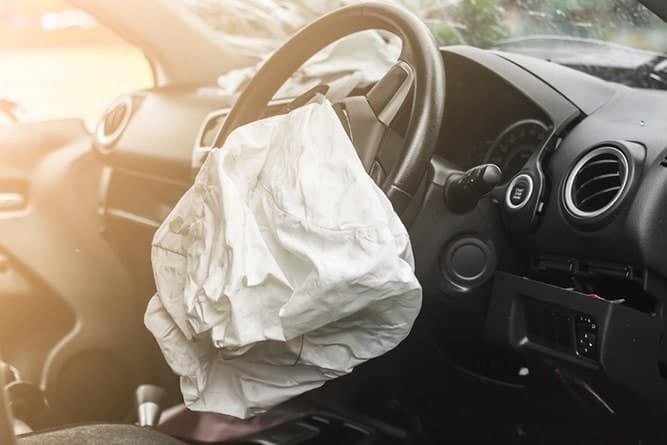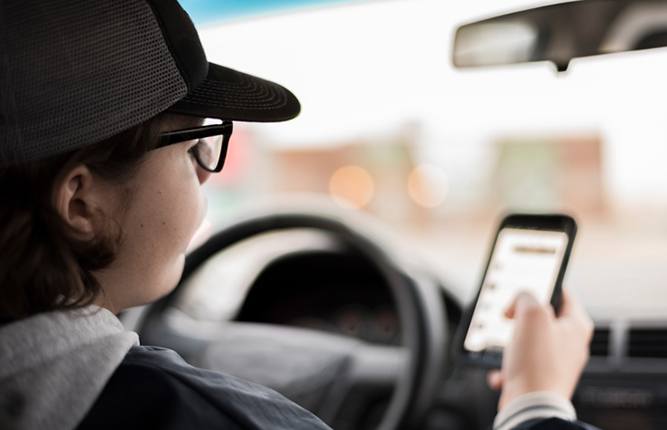In most cases, Nevada laws are designed to hold you accountable for your own actions. However, there are several distinct circumstances where you can face liability for the actions of someone else. For many, this consideration may come as a surprise.
Understanding the scenarios in which you could be held liable for the actions of someone else is the first step in protecting yourself in light of a situation like this. It’s also crucial to revisit the ways an experienced Las Vegas car accident attorney can help you better understand your options if you find yourself in one of these situations. Here’s what you need to know about how you can be liable for another person’s driving.
GET YOUR FREE CAR ACCIDENT CONSULTATION
NO FEES UNLESS WE WIN!
Vicarious Liability
Vicarious liability is a legal term. It means to hold someone legally accountable for the actions of someone else. In Nevada, this means that there are circumstances where you can be liable for an accident even if you’re not the one driving.
In most cases, vicarious liability arises when a person or corporation has the ability to control or direct the actions of another. Under Nevada law, vicarious liability can attach after a car accident in cases where there’s an employer-employee relationship, in cases of a parent-child relationship and in cases where a person negligently loans their vehicle to an unfit driver.

Employer and Employee
An employer is on the hook for the actions of an employee when the employee acts within the scope of their employment. The test for this is to determine whether the employee is acting within their work duties when the crash occurs.
The legal term is respondeat superior. When the employee causes a crash while they’re in the course of their employment, the victim can hold the employer responsible.
Examples of the Course of Employment
When an employee uses a company vehicle to drive to a business appointment, they’re in the scope of their employment. If the employer asks an employee to drive to the store to pick up supplies, they’re driving in the course of their employment.
However, if the employee veers from the path and runs a private errand, the victim can’t hold the employer accountable for that. There’s also no employer liability when an employee drives to or from work. Whether an employee is acting in the course of their employment is a fact-driven question.
It’s a matter of looking at where the crash occurred, business records to show where the employee should have been, and interviewing those involved. The question often becomes one of credibility about what the employee was doing at the time of the crash. This consideration makes it essential to work with an attorney to conduct depositions of relevant parties and witnesses to build your case and lock witnesses into their story.
Intentional Acts
In some cases, an employer can be liable for an employee’s intentional act. The question is whether the employer directed the employee to undertake a particular action or whether the employee’s intentional act is likely or foreseeable because of the nature of the employment. Nevada law 41.745 says that employers generally aren’t liable for the intentional acts of their employees unless one of the outlined exceptions applies.
The Prell Hotel Case
One example of an employer’s liability is the Nevada case of Prell Hotel Corp v Antonacci, 86 Nev 390 (1970). In that case, a patron came to gamble at the defendant casino. He was seated at a blackjack table. The gambler lost money, became upset, and said something vulgar to the blackjack dealer. When the dealer went to deal the next round, he assaulted the patron by slapping him in the face.
The casino argued that the employee acted outside of his official duties. The court disagreed. They said that the casino dealer was dealing cards when he struck the patron and that assault and battery is a greater harm than a verbal insult, so the employee shouldn’t have assaulted the patron in response to his vulgar language. The casino was vicariously liable for the assault and battery because it happened during the scope of employment.
Other Theories of Employer Liability
There are other ways that an employer can be held liable for their employee’s driving. An employer can be liable because of negligent hiring, training or supervision. If an employer wants an employee to drive during the course of employment, the employer should take the time to check that the employee has a good driving record. If they know or should know that the employee isn’t a good driver, they can be liable for the employee’s driving.
The employer should take the time to train their staff properly. They should also supervise their employees. If they have a good reason to fire someone and they don’t, they may be liable under a negligent retention theory. An employer should make sure that employees are a reasonable fit for their position. An important case on this topic is Hall v. SSF, Inc, 112 Nev. 1384 (1996).
Parent and Child

Nevada has a specific law that talks about a parent’s liability for a child. Nevada law 41.470 says that a parent is liable for up to $10,000 for the willful act of a minor. The victim must prove that the minor acted willfully to hold the parent accountable.
Negligent Entrustment
Anyone can be liable for someone else’s driving when they negligently give the person access to the vehicle. If you let someone drive your car when you know they’re intoxicated, you can be liable for their driving.
If you let someone drive your vehicle when you know they don’t have a license or when you know they have a medical condition, you could be responsible. Anytime you have a reason to know that a person isn’t fit to drive a vehicle, you can be liable if you give them your keys.
How an Attorney Can Help
When you’re hurt in an auto accident, knowing who to bring your claim against is important. You may be surprised to learn that you should seek recovery from an employer as well as from the person whose driving caused the crash.
On the other hand, you may need to bring a case against someone who negligently gave their car keys to someone who wasn’t fit to drive. Nevada law holds employers, parents and other parties responsible when they allow an unqualified driver to get behind the wheel. Your accident attorney can help you build your case to hold the right people accountable and earn a fair recovery.
Call (702) 382-0000 For a Free Consultation
Areas We Service in Las Vegas, Nevada
Henderson | Anthem | Summerlin | Paradise | Summerlin North | Summerlin South | Sunrise Manor | Nellis AFB | Desert Shores | Downtown South | Charleston | Richfield | Crestwood | Angel Park Ranch | Queensridge | Casa Grande Pines | Winchester |
Adam S. Kutner reviews and testimonials
“We were in a car accident – we were coming off of the interstate and were waiting – yielding at the exit and a car sped through the exit and smacked us in the rear.
It was definitely scary especially because we had our baby in the car. My husband and I and our baby in the back seat. We definitely – immediately went back in and checked on her to make sure she was okay.
We definitely had back pains my daughter had headaches. She kept holding her head and crying. It was pretty bad. I remember seeing a couple billboards and a friend of mine did say they had a pleasant experience with Adam Kutner, so we called them right up. They definitely were thorough, and you could tell just by talking to the people in the office that they genuinely cared about their clients.
They contacted us saying you know, explain the process on how the settlement gets done and about a week after that happened we had our settlement which was great and in my opinion Adam S. Kutner is the best attorney in Las Vegas.”
– Janae Reynolds. 5/5 Stars
START YOUR FREE CONSULTATION
NO FEES UNLESS WE WIN!
SE HABLA ESPAÑOL
Call Now! Free Consultation!

Adam S. Kutner
PERSONAL INJURY LAWYER
With more than 34 years of experience fighting for victims of personal injury in the Las Vegas Valley, attorney Adam S. Kutner knows his way around the Nevada court system and how to get clients their settlement promptly and trouble-free.












